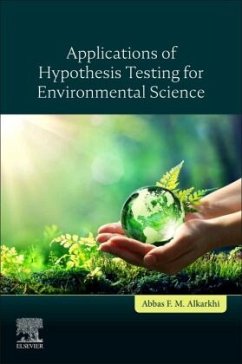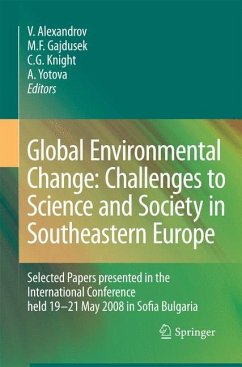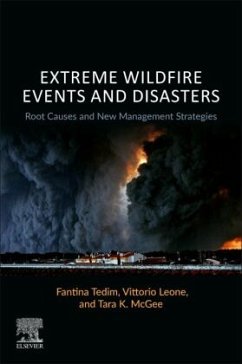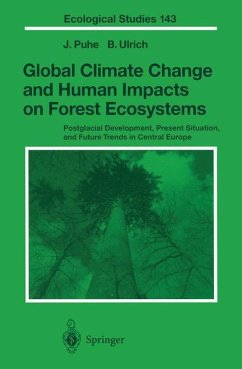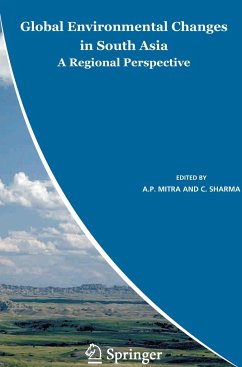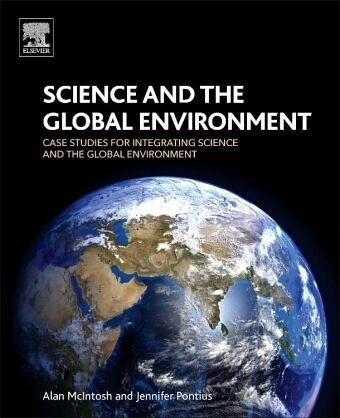
Science and the Global Environment
Case Studies for Integrating Science and the Global Environment

PAYBACK Punkte
34 °P sammeln!
Case Studies for Integrating Science and the Global Environment is designed to help students of the environment and natural resources make the connections between their training in science and math and today's complex environmental issues. The book provides an opportunity for students to apply important skills, knowledge, and analytical tools to understand, evaluate, and propose solutions to today's critical environmental issues.The heart of the book includes four major content areas: water resources; the atmosphere and air quality; ecosystem alteration; and global resources and human needs. E...
Case Studies for Integrating Science and the Global Environment is designed to help students of the environment and natural resources make the connections between their training in science and math and today's complex environmental issues. The book provides an opportunity for students to apply important skills, knowledge, and analytical tools to understand, evaluate, and propose solutions to today's critical environmental issues.
The heart of the book includes four major content areas: water resources; the atmosphere and air quality; ecosystem alteration; and global resources and human needs. Each of these sections features in-depth case studies covering a range of issues for each resource, offering rich opportunities to teach how various scientific disciplines help inform the issue at hand. Case studies provide readers with experience in interpreting real data sets and considering alternate explanations for trends shown by the data. This book helps prepare studentsfor careers that require collaboration with stakeholders and co-workers from various disciplines.
The heart of the book includes four major content areas: water resources; the atmosphere and air quality; ecosystem alteration; and global resources and human needs. Each of these sections features in-depth case studies covering a range of issues for each resource, offering rich opportunities to teach how various scientific disciplines help inform the issue at hand. Case studies provide readers with experience in interpreting real data sets and considering alternate explanations for trends shown by the data. This book helps prepare studentsfor careers that require collaboration with stakeholders and co-workers from various disciplines.






